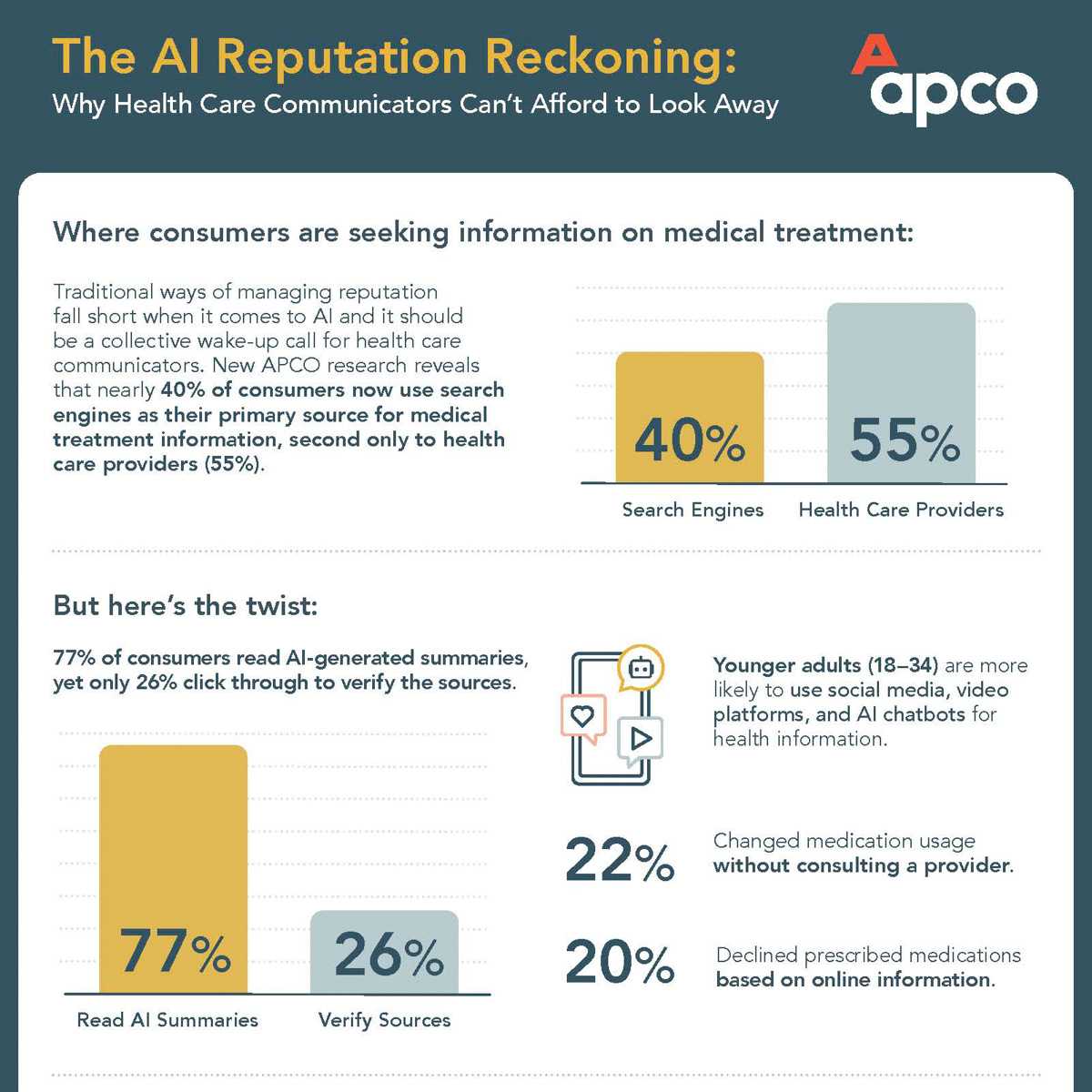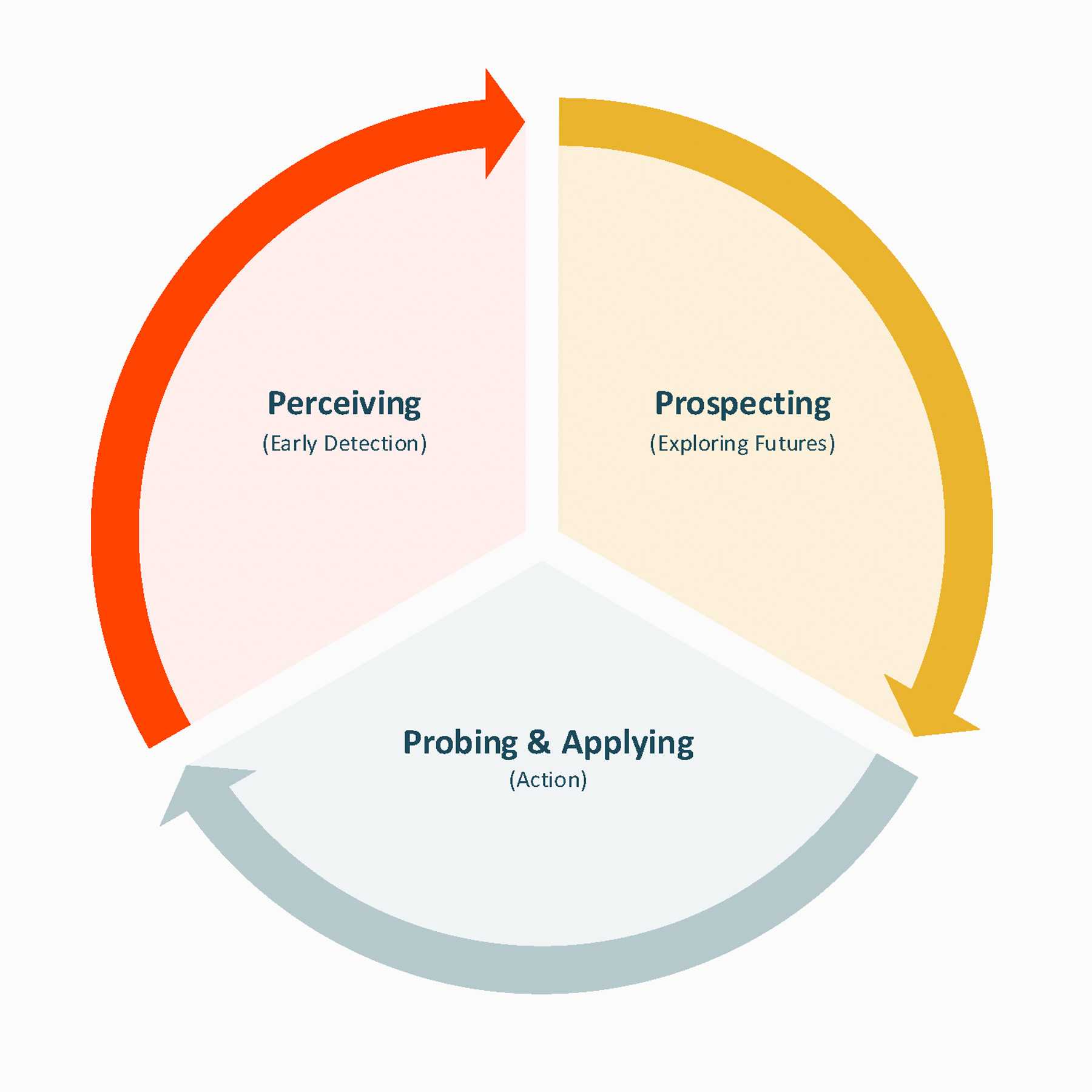

According to Moore’s law, every two years, the number of transistors on computer chips doubles—some of the earliest computer chips had less than 5,000 transistors, while nowadays, a smartphone that fits in your pocket may contain 16 billion transistors. The rapid advance in digital technology has given humanity tools and instruments that improve the quality of life in the most extraordinary of ways. The digitization of what used to be physical infrastructure enables perks such as accessibility, preservation of valuable knowledge and increased efficiency. The digital age does not fail to surprise us every day.
Today, technology is the oxygen that our world breathes. It is no longer a convenience or alternative, but a tool that must be leveraged. People are increasingly adopting the newest technological advancements such as Web3.0 and artificial intelligence in order to profit themselves and their businesses, rather than just using them to make their lives simpler. Tools like these are becoming more accessible and are producing results that are not humanly conceivable, such as in-depth analysis of millions of social media postings and access to insights with a single click of a button. This may be improved even further with AI which can generate clever insights. For example, AI can go as far as indicating when someone should make a social media post, identifying the most engaging types of content, and even making forecasts for metrics like reach and mentions.
A rising number of businesses are combining tech and AI by incorporating them into routine operations like supply chain management and communications. They are changing the world as we know it by expanding the scope beyond narrow use cases like image recognition and natural language processing. This can be seen in the public relations and social media sectors as well, where some businesses are employing AI-powered technologies to streamline tasks like media monitoring and crisis management. Moreover, AI is advancing communication by making it possible to obtain priceless information like behavioral patterns, reputational standards, trend and sentiment analysis, and event prediction. This enables businesses to fine tune their campaigns to reach their target audiences more effectively and achieve better business outcomes.
BENEFITS OF AI
Businesses of all sizes are beginning to reap the benefits of AI, which include increased efficiency, profitability, and competitiveness. Here are some of the most common benefits of AI:
- Increased efficiency: Machine learning (ML) algorithms can analyze large data sets and detect patterns much faster than humans can. AI-powered chatbots can handle customer service inquiries around the clock without getting tired or sick. AI-powered recommendation engines can suggest products to customers based on their past purchases and preferences.
- Increased profitability: Companies can use AI for better decision-making about upcoming events, social media crisis and branding by tracking insights about their performance and that of their rivals. AI has become a key differentiator for companies that want to remain competitive.
- Greater innovation: With AI, businesses can create new products and services that were not previously feasible.
- Improved decision making: AI can help businesses make better decisions by providing recommendations based on data analysis that finds patterns, predictions, and correlations that humans wouldn’t be able to see.
The advancements made in technology have resulted in the emergence of Web3.0 technologies. Marking a new age of the internet, Web3.0 is shifting the focus from the 2D online web to the 3D virtual world, also known as the metaverse. We could eventually spend our work hours in virtual offices, working together with co-workers from around the world and even hosting press conferences. With companies investing billions of dollars, the future seems set for an ever-expanding metaverse: a network of interconnected virtual worlds unrestricted by the limits of our physical reality.
The promises of tech and AI are abundant, however, there are several obstacles in the way of adoption of those services in businesses:
- The ethics of AI systems. It can be difficult to understand exactly how an AI system makes a decision, and if it is biased due to the data it has been fed. The nature of the data stored can pose a privacy concern too if not handled correctly.
- Large data requirements. AI requires a lot of data to produce useful results. While this is not an issue for large companies, it can be a problem for smaller businesses.
- Fear of rising unemployment. One common position against tech and AI is the worry that they will cause widespread unemployment. However, AI is but a tool that allows people to focus on the skill-requiring aspects of their job as it does the daunting tasks.
It is important to keep in mind that a form of cultural transformation must take place alongside the digital transformation of a business.
Overall, the future of people and technology is looking very promising. Businesses refusing to embrace digitization and AI would struggle to keep up with the competition as the rise of technology proves to be a watershed moment for industries. Improving a business means approaching new technologies with an open mind, taking the risk, and investing in cutting-edge tools and talent. We know for a fact that the volume of relevant data in communications requires modern tech-based solutions which will allow for generating novel insights at an accelerated pace. Technology will not only be a part of the future; it will define the future.


